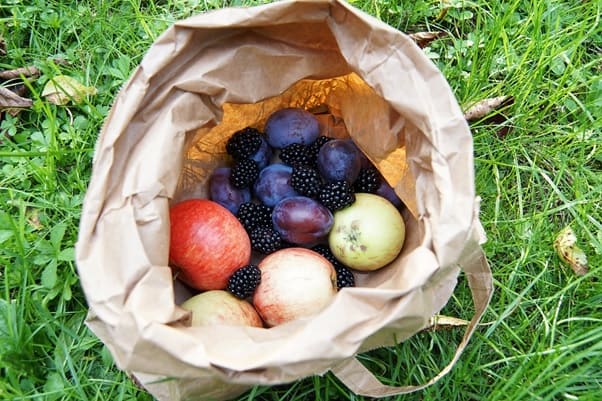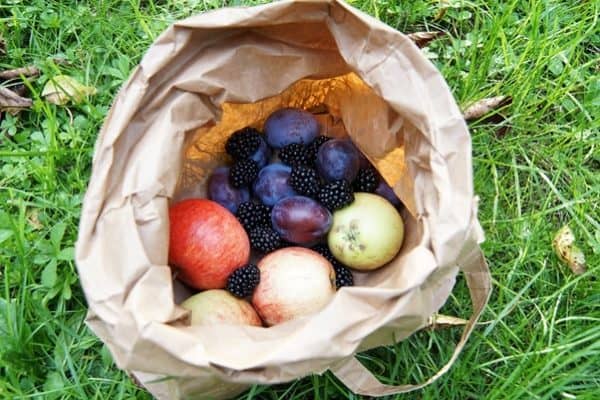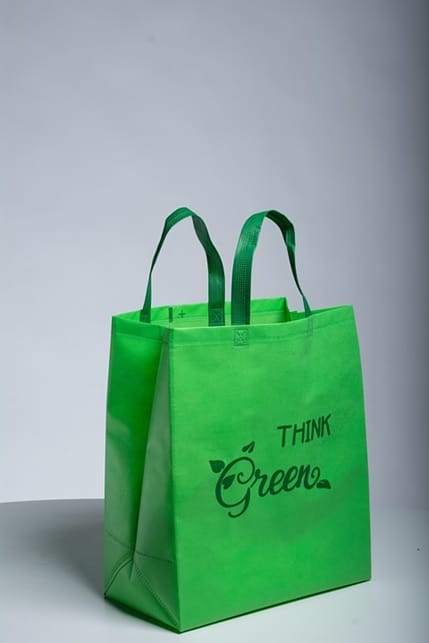THE FIVE COMMON MATERIALS USED TO MANUFACTURE ECO-FRIENDLY BAGS
The constant drive for a sustainable enterprise and environmental protection for the past twenty years has helped in the growth of reusable eco-friendly bags. These bags are manufactured in a wide variety of materials and fabrics—each possessing its own advantages and disadvantages.
The decision made often boils down to the unique demands of the business involved. Knowing the difference between nylon, polyester, and polypropylene reusable bags will help your business decide which material best fits its identity.
Here are a few common materials used in the manufacturing of eco-friendly bags.
- COTTON: You can manufacture cotton bags by recycling cotton from cotton scrap or traditional cotton that is chemically treated, natural, and raw. They can also be manufactured from organic cotton.
These cottons are often grown without pesticides. Different varieties of cotton are heavier because they possess different densities. Light cotton bags are often cheaper than the usual cotton canvas bags, because the latter is denser than the former.
The benefits of reusable, eco-friendly cotton bags are their durability, strength, easy washing, and biodegradability. However, their disadvantages include the high cost of manufacturing and shipping, shrinking that comes from machine wash, and moisture-damage susceptibility.
- POLYPROPYLENE: This is a versatile resin polymer. Non-woven polypropylene bags are commonly considered to be the best materials for eco-friendly bags because of their relative durability and low cost of production.
The measurement for the gauge of the weight and density of polypropylene materials is grams per square meter (GSM). Bags with lower GSM are cheaper and less durable.
The benefits of polypropylene bags are their chemical corrosion resistance, strength, easy cleaning, lower porosity, brand printing flexibility, and diverse color options. The disadvantages are that they are manufactured from petrochemicals, aren’t soft to touch, are non-biodegradable, and are not suitable for machine washing. Get awesome eco-friendly bags from Rocket bags experts.
- NYLON: Nylon is classified as a synthetic polymer. It was initially manufactured as a replacement for silk in fabrics. You can typically find nylon fabrics in umbrellas, swimwear, pantyhose, jackets, etc.
The benefits of nylon eco-friendly bags are that they are readily foldable, strong, durable, lightweight, water-resistant, and easily dyed. However, they are petroleum-based, may adopt an unpleasant crumpled appearance, and are non-biodegradable.
- POLYESTER: Polyester is the fabric that you will often come across if you pay attention to the labels on your clothes. Polyester is classified as a polyethylene terephthalate (PET) polymer. This is the same material used in manufacturing drink bottles. It only gained popularity when it took over disco wear in the 1970s, despite being invented in 1941.
The benefits of polyester eco-friendly bags are their water resistance, inability to crinkle easily, easy folding, and versatility. On the other hand, the brands that have been printed on their surfaces wear off over time, and they are manufactured from fabrics.
- HEMP: Hemp does not only tolerate drought. It can also grow without the need for pesticides or fertilizers. About 3 to 6 tons of fiber can be acquired from an acre of hemp and they need little water to survive.
Hemp fiber is strong, durable, and long. On the other hand, hemp is usually imported in most of the western world, hence increasing the overall cost of the bags.
The material you choose should be what works best for your business. However, it is important to go for the materials listed above, as they are all eco-friendly. And also you can always check some good eco-friendly products on Ecoy.






















